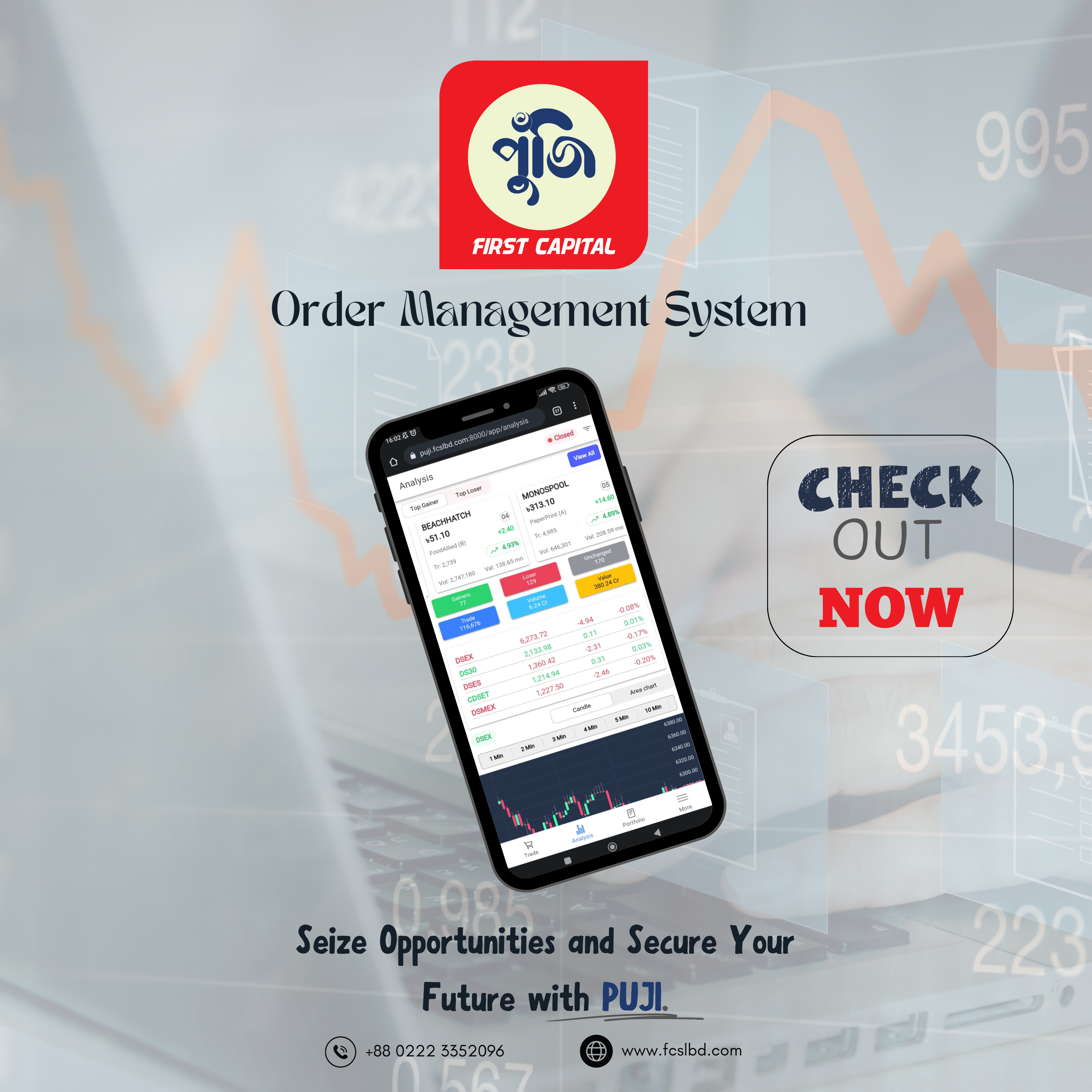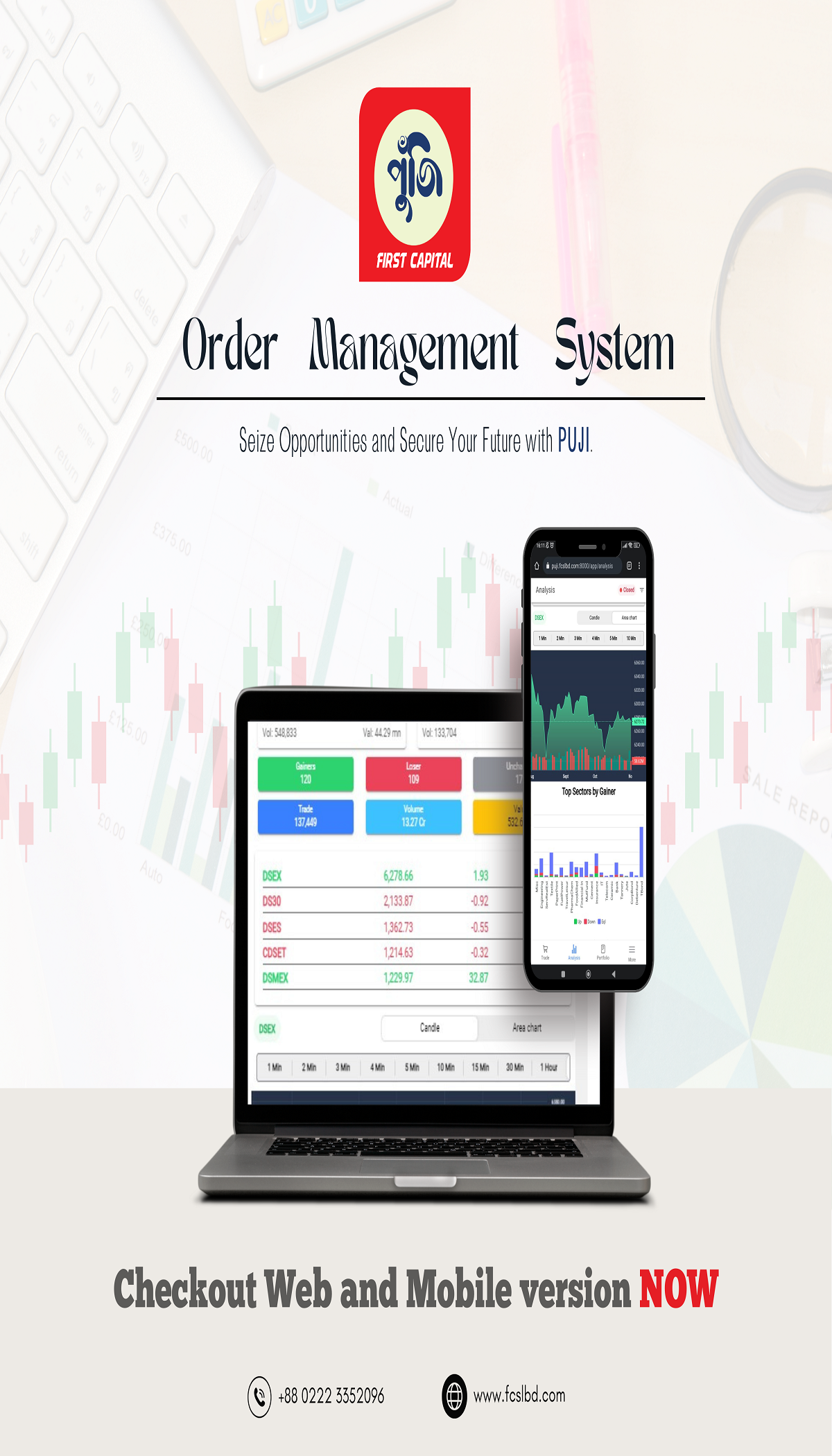Investment has remained sluggish since 2022 amid the dollar crisis, high inflation, and the global economic crisis. Political uncertainty is now a new factor, adding to the situation and further leading to a deterioration of investment confidence, said industry insiders
Summary
- LC opening declines by 13% in Jul-Aug
- Capital machinery import falls by 44% in Jul-Aug
- Pvt sector credit falls to 9.86% in Aug from 10.13% in Jul
- Situation not expected to improve before Dec
The country’s banking sector has squeezed lending activities as investment confidence, which remained subdued for the last two years amid the dollar crisis, deteriorated further after the formation of the interim government.
Investment has remained sluggish since 2022 amid the dollar crisis, high inflation, and the global economic crisis. Political uncertainty is now a new factor, adding to the situation and further leading to a deterioration of investment confidence, said industry insiders.
Banks are not receiving any new investment proposals from either foreign or local investors and consumer demand remains sluggish amid elevated inflation.
In this situation, both banks and investors are adopting a wait-and-watch policy, said bankers.
“We are now providing working capital mostly to continue existing business activities,” said Syed Mahbubur Rahman, managing director of Mutual Trust Bank.
He said no new investment proposals have been coming. The investment situation has remained sluggish since the dollar crisis started in 2022, and it worsened from July.
He said LC (Letter of Credit) openings have continued to fall, reflecting the investment scene.
Bangladesh Bank data show LC openings declining by nearly 13% in July-August of FY25, with capital machinery imports declining by 44%, indicating stagnation in business expansion.
“We think the investment scene will not improve until December as investors are waiting and watching,” he added.
Explaining why the situation will not improve before December, he said the government has still not decided on the budget size. Moreover, mega projects are being scaled down, which are major sources of investment.
Additionally, banks are facing a liquidity crisis, and foreign investments are not coming amid the uncertain situation, he said. So, the government will have to source money from the banking channel.
“In this situation, banks prefer to invest in government bonds to avoid risk instead of lending to the private sector, causing a decline in private sector credit growth,” he said.
The country’s private sector credit growth fell to 9.86% year-on-year in August from 10.13% in July, central bank data shows.
5 to 6 banks performing well
Describing the investment scene, Selim RF Hussain, managing director of BRAC Bank, said, “The overall investment situation is subdued.”
Only five to six banks are performing well, while 40 to 45 banks are operating poorly, he said. As a result, lending across the entire banking industry, except for these 5-6 banks, is quite subdued.
He added that consumer demand has become sluggish due to high inflation and high interest rates. “From a business perspective, investors are not considering new projects. On the other hand, we are not seeing any new foreign investment, which is normal in this situation.”
Hussain also mentioned that the garment sector has been facing challenges with law and order for the last one month, though the situation is gradually improving. Also, there are gas shortages and an uncertain energy situation.
Many business sponsors have fled the country. So the overall situation is subdued, and private sector credit growth will remain low, he fears.
However, the macroeconomic situation has improved to some extent due to sound policies implemented by the Bangladesh Bank. The current account balance improved, and the trade deficit narrowed, he said.
He suggested that the government should have consultations with private sector stakeholders regularly to address the challenges.
Mirza Elias Uddin Ahmed, managing director of Jamuna Bank, said both banks and borrowers are refraining from new investments due to ongoing uncertainty.
“We are not sure which sector is safe to invest in at the moment, as new policies may emerge at any time,” said Ahmed.
In this situation, banks are staying away from extending fresh financing to any new business, he said, adding that investors are also facing the same crisis when deciding on new investments.
Moreover, the lending rate has surged to nearly 15%, which is not viable for businesses, said Ahmed. “If a business takes a loan at 15%, it will need to achieve at least a 20% return just to break even, which is very difficult.”
He said very few businesses have a profit margin of 10%, making a 15% lending rate unsustainable.
Businesses feeling insecure
Syed Nasim Manzur, former president of the Metropolitan Chamber of Commerce and Industry, said, “We businessmen are feeling very insecure.
“Businessmen are worried about what will happen tomorrow and what type of phone calls they will receive. Worker discontent was not limited to Ashulia and Gazipur; there were other issues as well. The government now needs to gain the trust of businessmen to ensure it is safe to do business in Bangladesh.”
The low ADP (Annual Development Programme) implementation rate also hurt investment, as contractors are not seeking financing from banks due to the slow progress of government projects.
The July-August period – the first two months of the current fiscal year – witnessed the lowest-ever implementation of the ADP, falling below 3%.
According to data from the Implementation Monitoring and Evaluation Department (IMED) released on 2 October, Tk7,143 crore of the ADP was spent during the period, reflecting an implementation rate of 2.57%.
Data available on the IMED website, dating back to FY11, shows that no fiscal year has recorded an ADP implementation rate below 3%. In FY24, the rate was 3.84%, slightly lower than in the previous fiscal year.
bank system




